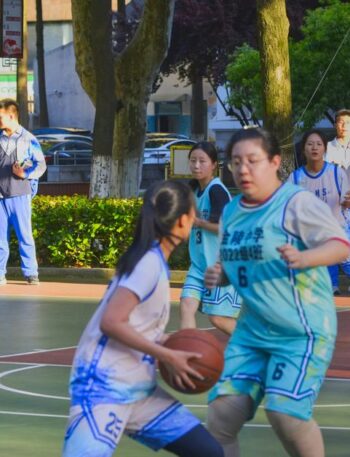Education’s Role in Athletic Development
Introduction
Athletic development is not solely about physical prowess; it also involves mental acuity, strategic thinking, and disciplineall of which are significantly influenced by education. This article explores how education contributes to the holistic development of athletes, highlighting key aspects such as academic achievement, cognitive skills, and lifelong learning.
Academic Achievement and Athletic Success
Many studies indicate a positive correlation between academic success and athletic performance. Student-athletes who excel in their studies often demonstrate better time management, organizational skills, and focus, which are crucial both on and off the field. For example, a research study by the NCAA found that student-athletes with higher GPA tend to perform better in their sports due to enhanced discipline and goal-setting abilities.
Development of Cognitive Skills
Education enhances cognitive skills such as problem-solving, critical thinking, and decision-makingessential elements in sports. Athletes often need to make split-second decisions under pressure, and these skills are honed through education. According to Dr. John Ratey, an associate clinical professor of psychiatry, “Education stimulates the brain in ways that are beneficial not only academically but also in athletic endeavors.”
Building a Foundation of Discipline and Routine
Education instills discipline and routine, qualities that are fundamental in athletic training and competition. Students who adhere to study schedules, deadlines, and academic goals are likely to carry over these habits into their sports training. This structured approach helps athletes maintain focus during practices and competitions, thereby enhancing their performance.
Enhancing Physical and Mental Well-being
Education contributes to overall well-being, which is crucial for sustained athletic performance. Learning about nutrition, physiology, and mental health through education empowers athletes to make informed choices that optimize their physical and mental condition. For instance, schools that incorporate health education into their curriculum report lower rates of injuries and better recovery times among student-athletes.
Case Studies and Examples
One notable example is the story of Serena Williams, who credits her academic pursuits with shaping her tennis career. Despite her intensive training schedule, Williams pursued a degree in Business Administration, which she believes enhanced her strategic thinking and business acumen, benefiting her both on and off the court.
Conclusion
Educational attainment plays a pivotal role in athletic development by fostering academic achievement, enhancing cognitive skills, building discipline, and promoting overall well-being. As educators and coaches continue to collaborate, the synergy between academics and athletics will further empower athletes to excel not just in sports, but in all facets of their lives.
By recognizing and harnessing the symbiotic relationship between education and athletics, society can nurture well-rounded individuals who thrive in competitive environments while contributing positively to their communities.




